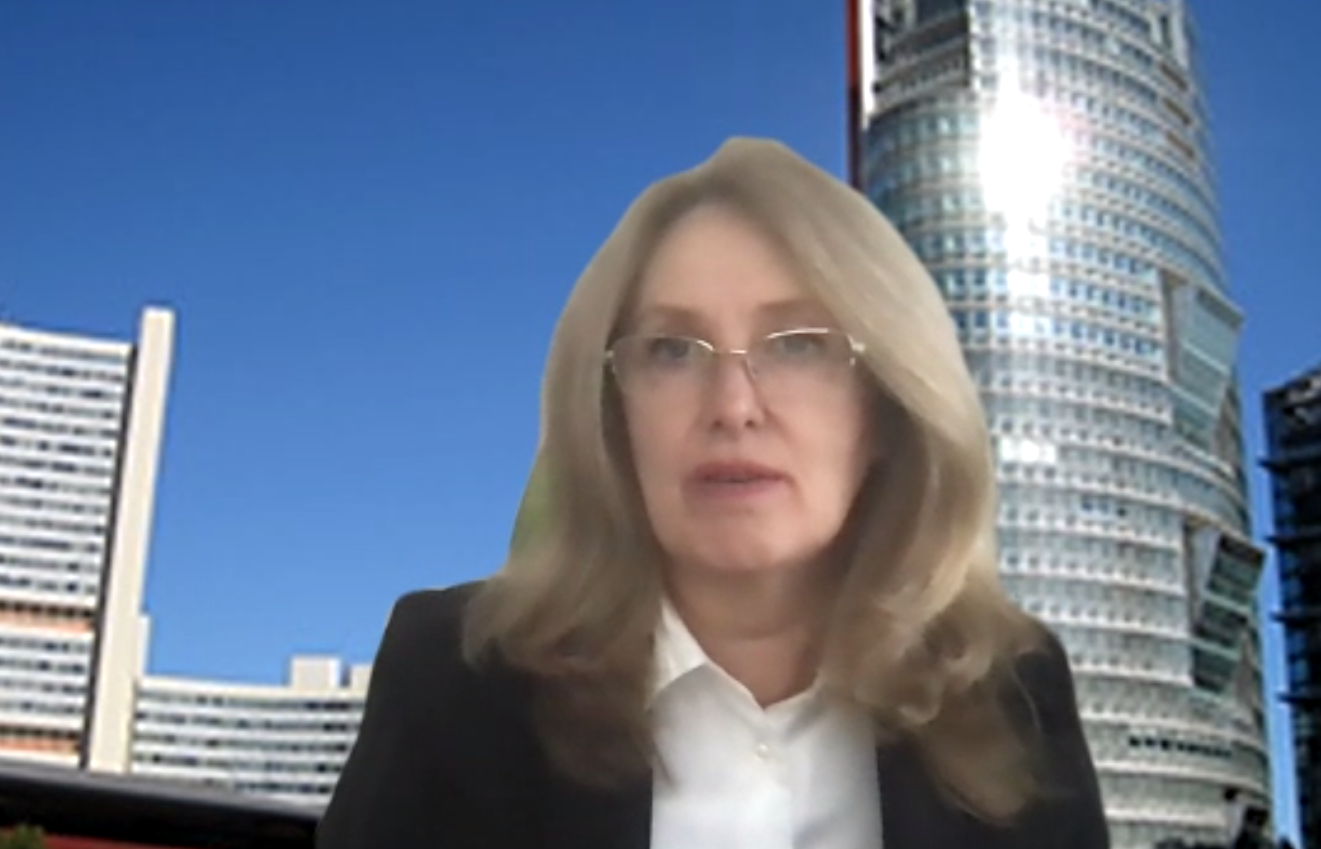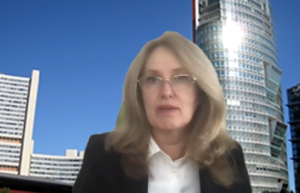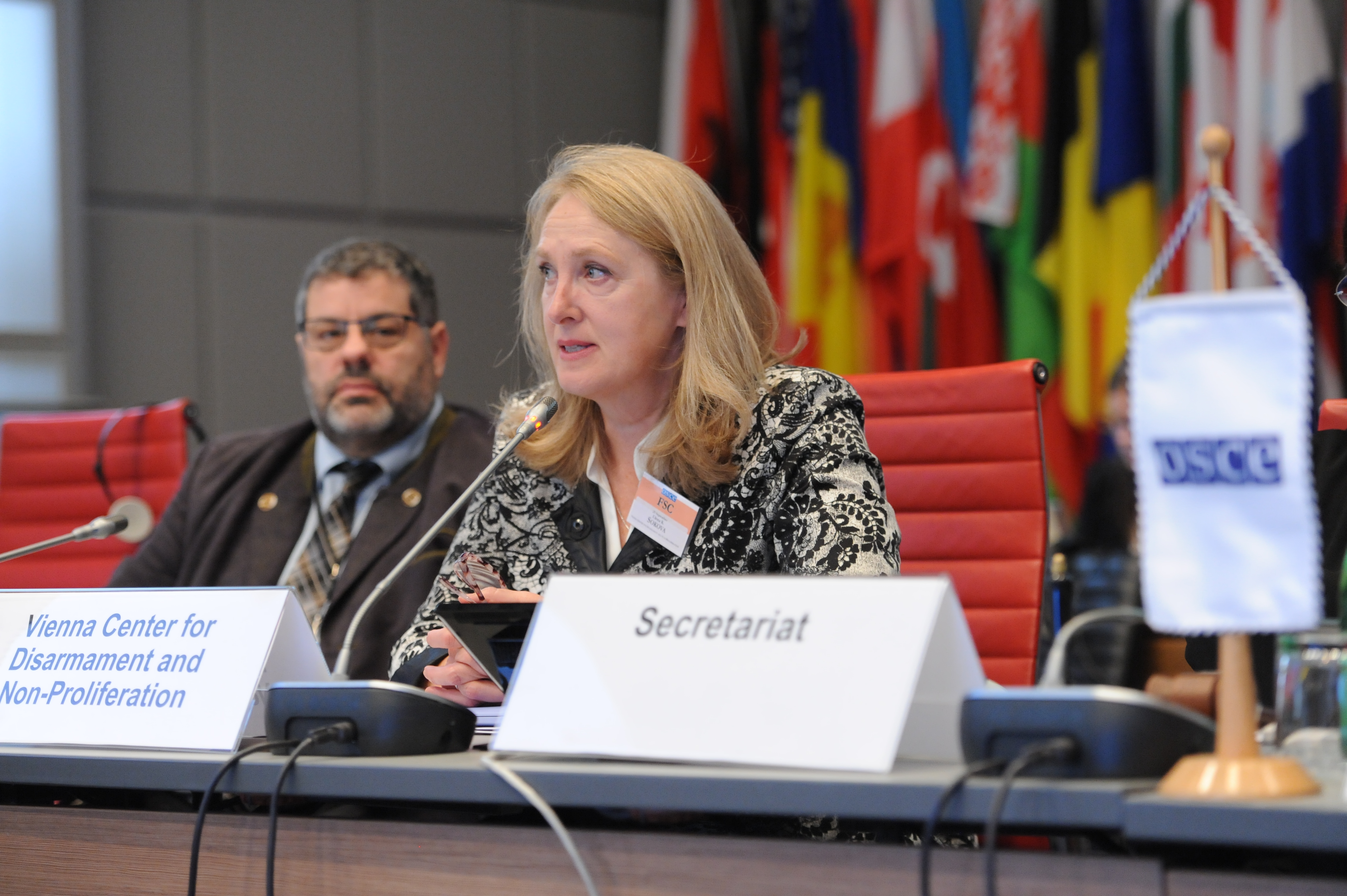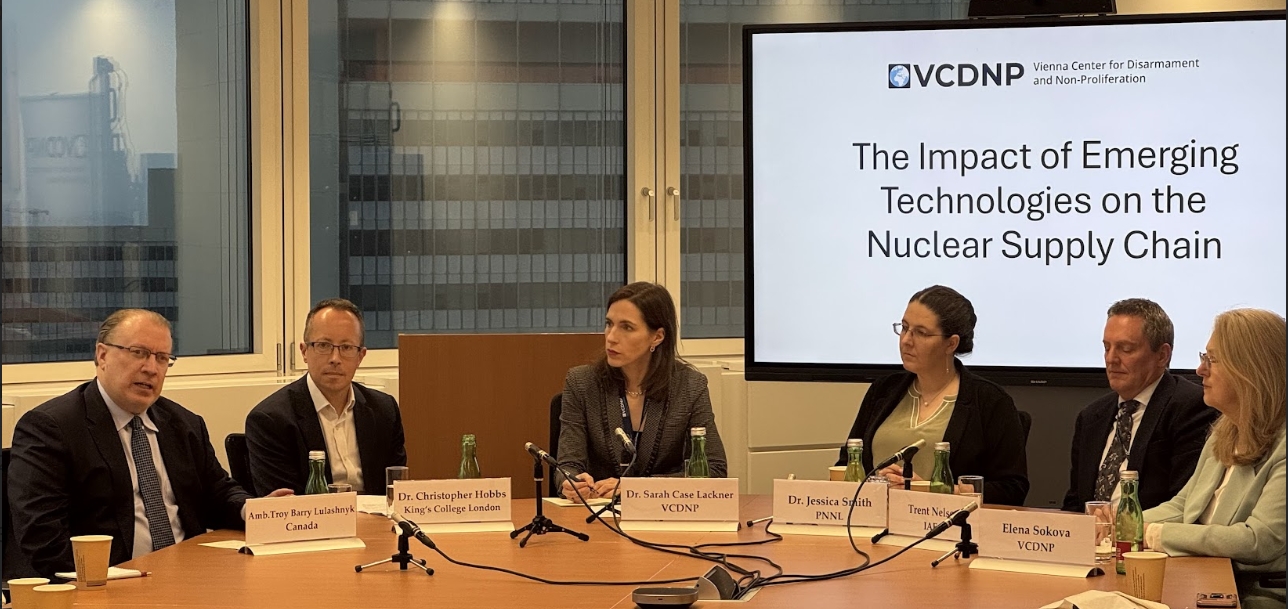
Is there some space for multilateral movement on moratoria for the production of fissile materials that could have significant value from a signaling perspective? This issue and progress towards ratification of the CTBT and negotiations of a Fissile Material Cut-Off Treaty (FMCT) are subjects of several Stepping Stones of the Stockholm Initiative. What are the challenges for progress on these issues? Are there potential confidence-building measures around these topics that can pave way to a more constructive dialogue?
Elena Sokova, VCDNP Executive Director, addressed these questions during a webinar hosted by the UN Institute for Disarmament Research on 18 March 2021 devoted to the Stockholm Initiative.

France, the Russian Federation, the United Kingdom and the United States all stopped production of fissile material for nuclear weapons at the end of the Cold War, some even earlier, and China is believed to have done so in the late 1980s. Ms. Sokova observed that a joint declaration from the nuclear-weapon States (NWS) confirming that they neither produce fissile materials for weapons now nor intend to do so in the future would be a welcome move. In particular, such a move on China's part would help to allay fears that it is building up its nuclear weapons arsenal. This is a relatively low-hanging fruit as compared to securing such moratoria from all nuclear weapons possessors.
However, NWS could also take this declaration a step further by identifying additional stocks of excess fissile material from their weapons programs and putting them under the International Atomic Energy Agency (IAEA) safeguards using, for example, the mechanism developed under the US-Russia-IAEA Trilateral Initiative. This would serve as a meaningful demonstration of NWS' seriousness about non-proliferation, disarmament and nuclear security.
Ms. Sokova also argued that further progress should be made on the transparency of fissile material stockpiles. With the exception to reports published by the UK and the US in the late 1990s and early 2000s (which could be updated), other the NWS have never provided reports on their stocks of highly enriched uranium (HEU) or plutonium.
Regarding fissile materials, Ms. Sokova also drew attention to a critical difference between today's threat perception and that of the 1990s - the threat of nuclear terrorism. All of the above measures, as well steps to minimise the use of HEU or plutonium in civilian applications, could serve as important steps for a future FMCT, increase confidence in the NWS' commitment to non-proliferation overall, and in preventing nuclear terrorism and lowering its risks.
On possible confidence-building measures as a way to move forward with the entry into force of the Comprehensive Nuclear-Test-Ban Treaty (CTBT) and strengthening the norm against nuclear testing, Ms. Sokova proposed the following measures:
For Ms. Sokova's full remarks, including further discussion on the FMCT and other relevant Stepping Stones, see the recording below (speaking at 01:23:50 and 01:40:40).


